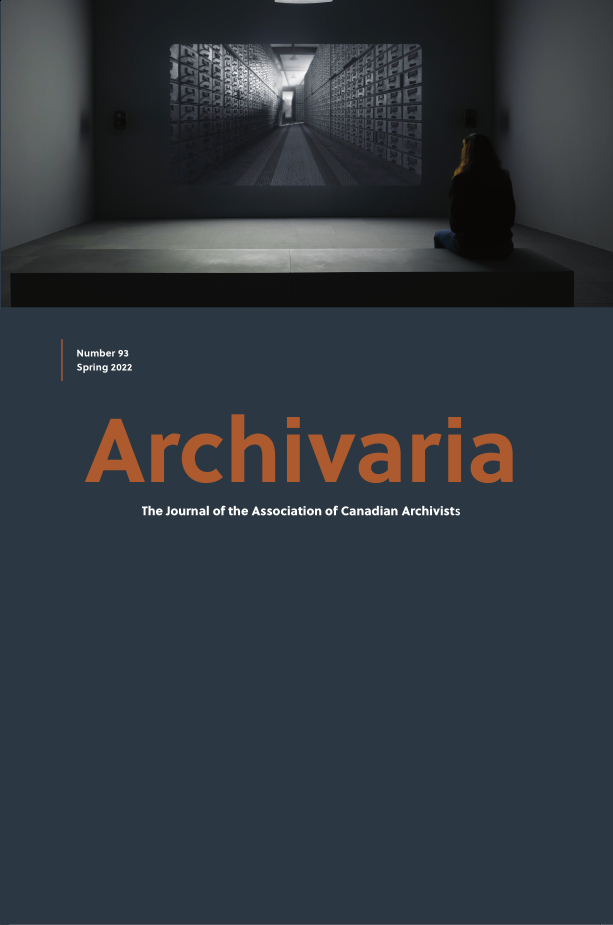"Let Us See What Is Meant by the Word Recorde"
Concepts of Record from the Middle Ages to the Early 20th Century
Abstract
Taking as its starting point the discussion of “what is meant by the word Recorde” in a 1581 work by William Lambard, this article considers the development of conceptual ideas about records from the Middle Ages to the early years of the 20th century. After examining the medieval understanding of record as oral testimony of legal judgments, it discusses how concepts of record in England gradually expanded to embrace written texts, and it traces the shift from an exclusive association with courts of law to a perception that records could be made, kept, and used across a much wider range of contexts. The article also examines the changing terminological relationships between records and archives and the dissemination of English understandings of records to other Anglophone countries. It concludes with a brief exploration of points of contact between older debates about the scope of the term record and those of present- day professional discourse.
Authors of manuscripts accepted for publication retain copyright in their work. They are required to sign the Agreement on Authors' Rights and Responsibilities that permits Archivaria to publish and disseminate the work in print and electronically. In the same agreement, authors are required to confirm that "the material submitted for publication in Archivaria, both in its paper and electronic versions, including reproductions of other works (e.g. photographs, maps, etc.) does not infringe upon any existing copyright." Authors of manuscripts accepted for publication retain copyright in their work and are able to publish their articles in institutional repositories or elsewhere as long as the piece is posted after its original appearance on archivaria.ca. Any reproduction within one year following the date of this agreement requires the permission of the General Editor.





